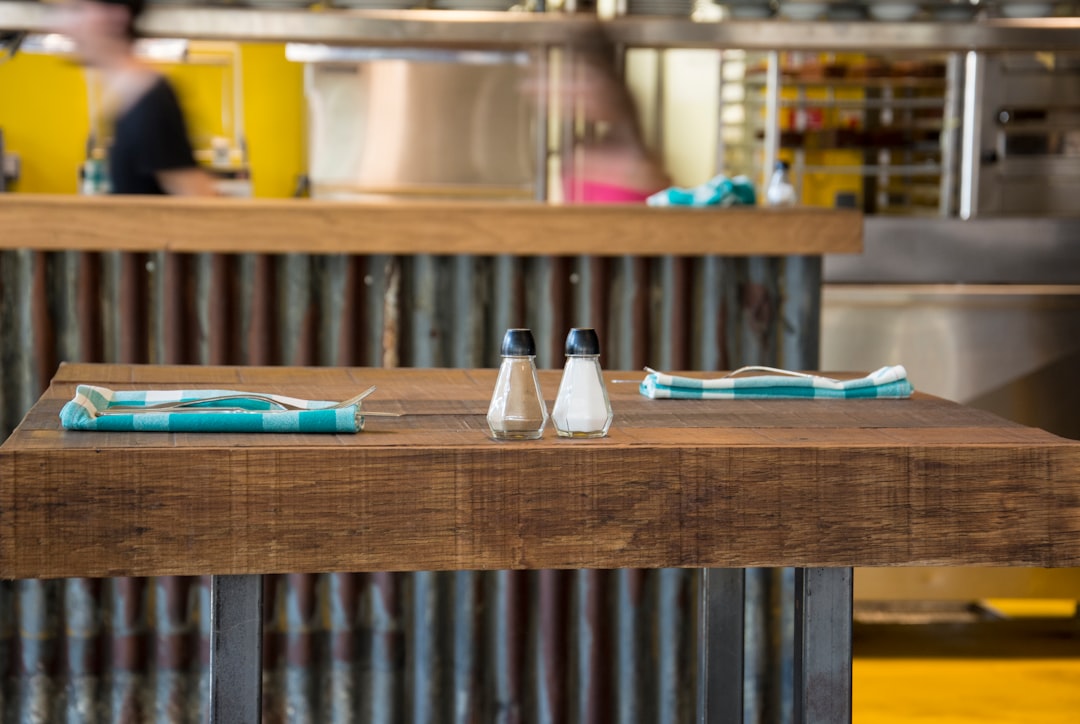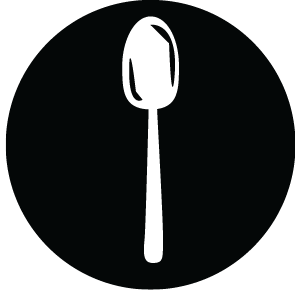It's no secret foods with high table salt content are addicting. But an over-consumption of table salt is forcing researchers to come up with the best substitute because of potential health risks. The future of table salt is unclear as the search for a substitute persists.

arsphtgrph on unsplash
Although there are different types of table salt, they are all made up of sodium chloride, and they share the same good and bad characteristics.
Table salt is beneficial because it enhances the flavor of the food we cook. Because it tastes so good, table salt is usually over consumed, and too much of something can be bad.
High salt intake can result in several health problems such as high blood pressure, an increased risk of heart disease, and stroke. Reducing table salt consumption is the apparent (and so far, the best) solution, but it's easier said than done, simply because table salt is everywhere.

Inquisitive Eye on Flickr
There are rising alternatives such as Himalayan salt, but potassium chloride is is looking like the best replacement for table salt. A bonus is that potassium chloride and table salt consist of minerals that the body needs.
Unlike sodium, most people aren't getting their recommended intake level of potassium, so replacing table salt with potassium chloride is being considered safe to serve to the general public. However, people with kidney problems and those taking certain medications should still be cautious.
Table salt's negative effects will decrease its prevalence in the future. Potassium chloride and other substitutes could replace certain amounts of table salt used in our foods. There's no need to cry though--these replacements will not result in a significant change in the flavor of our food




